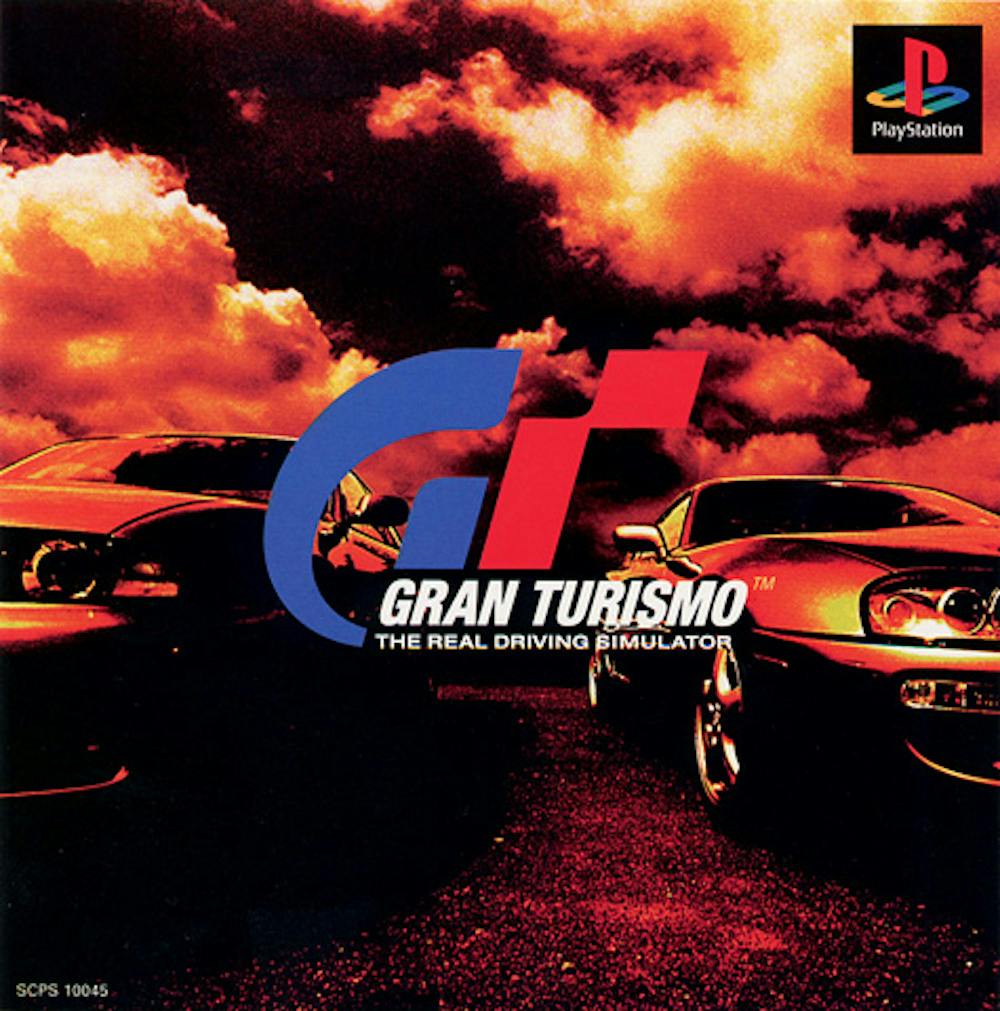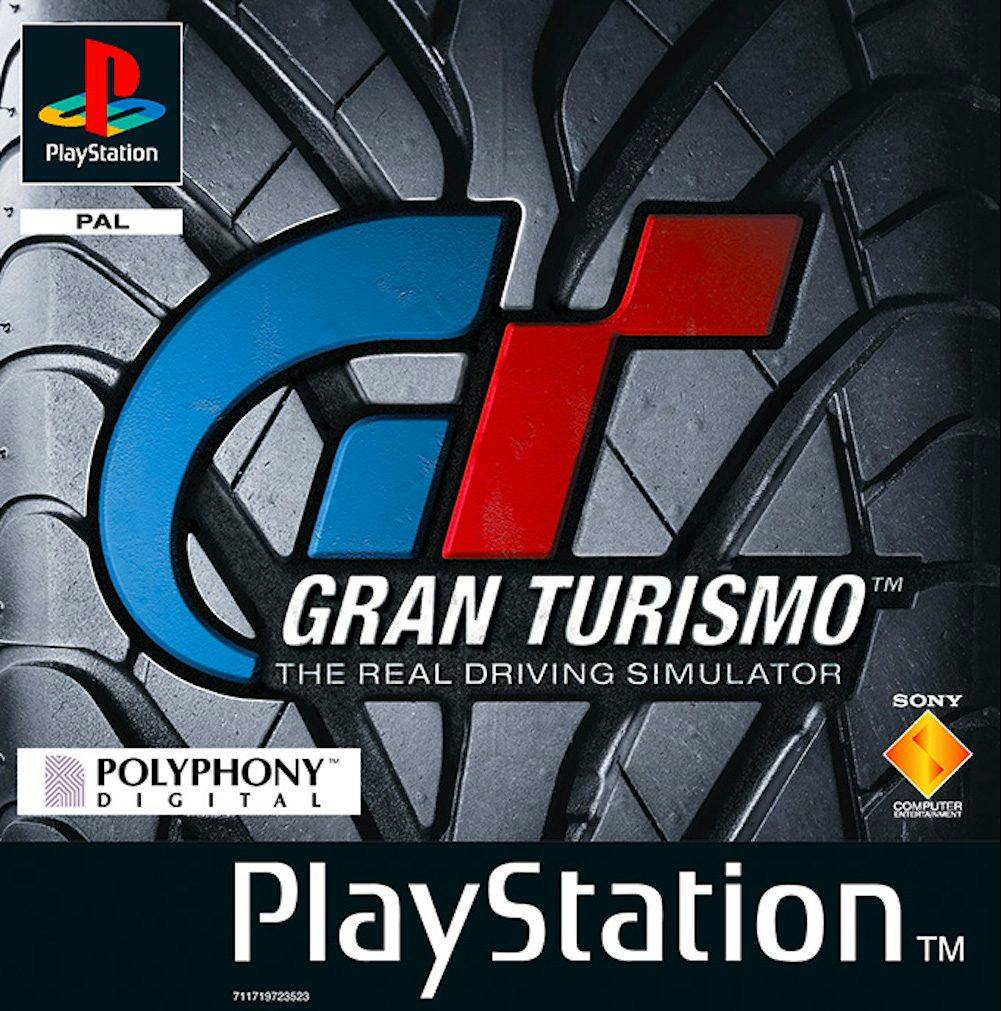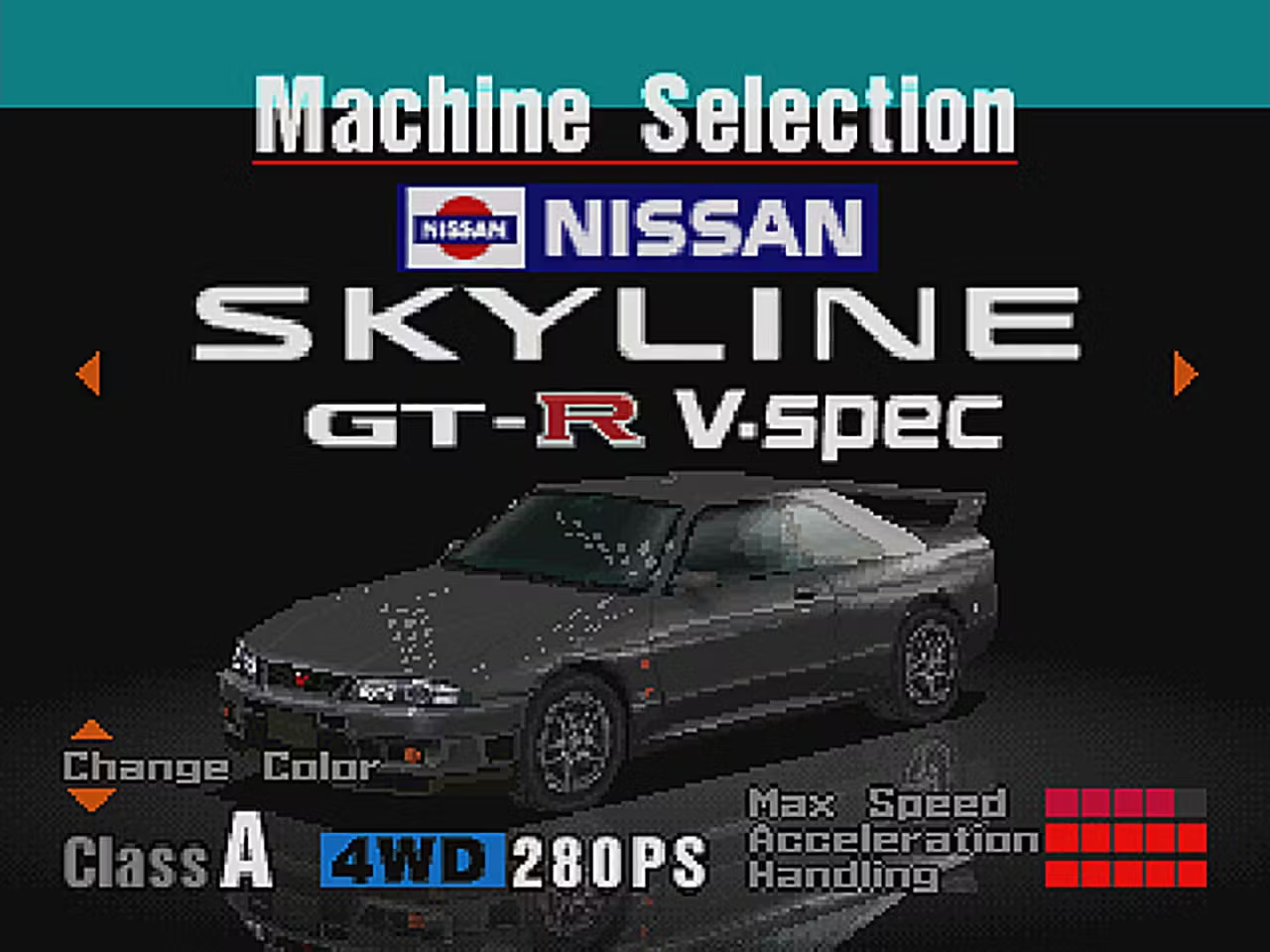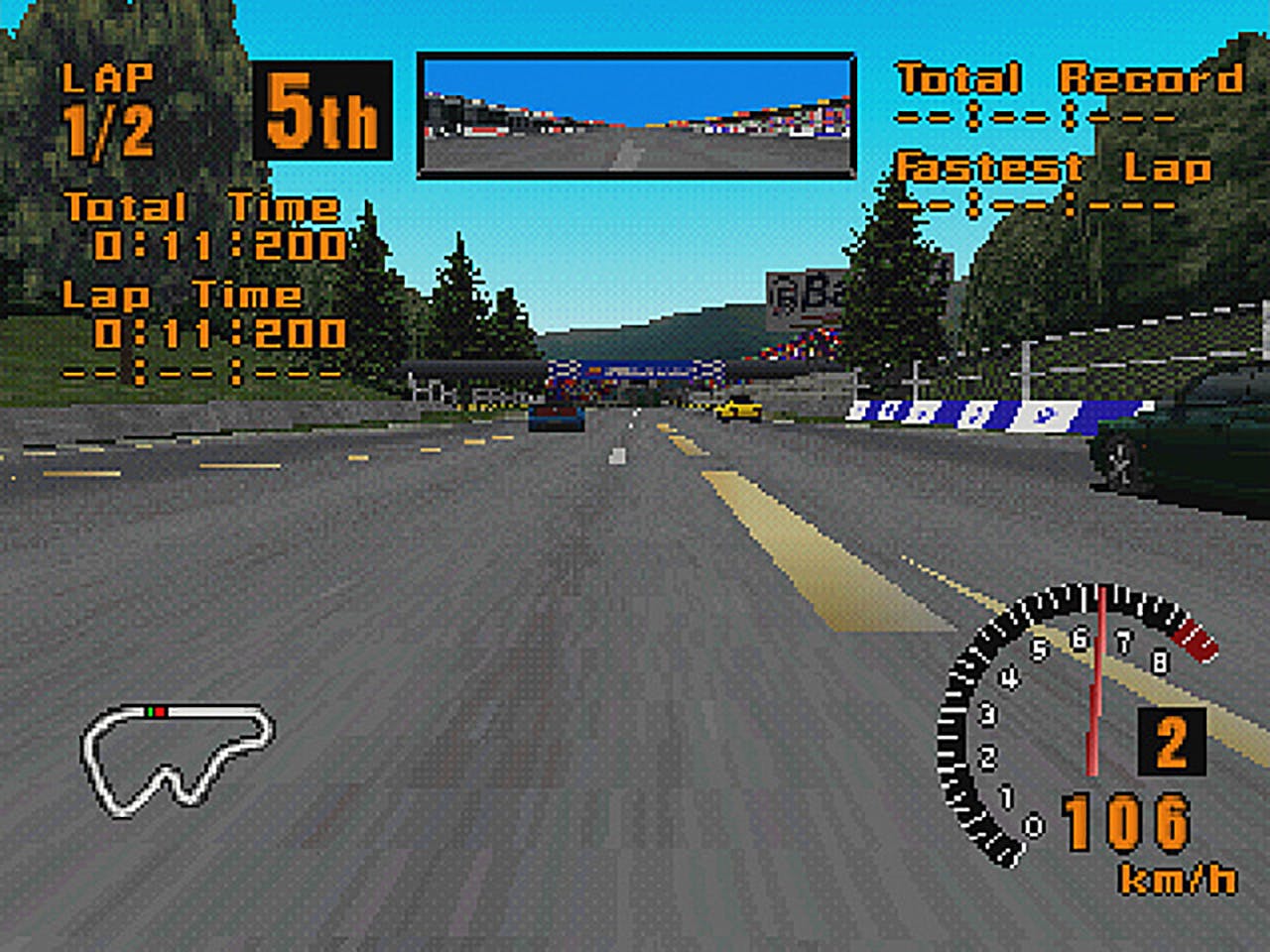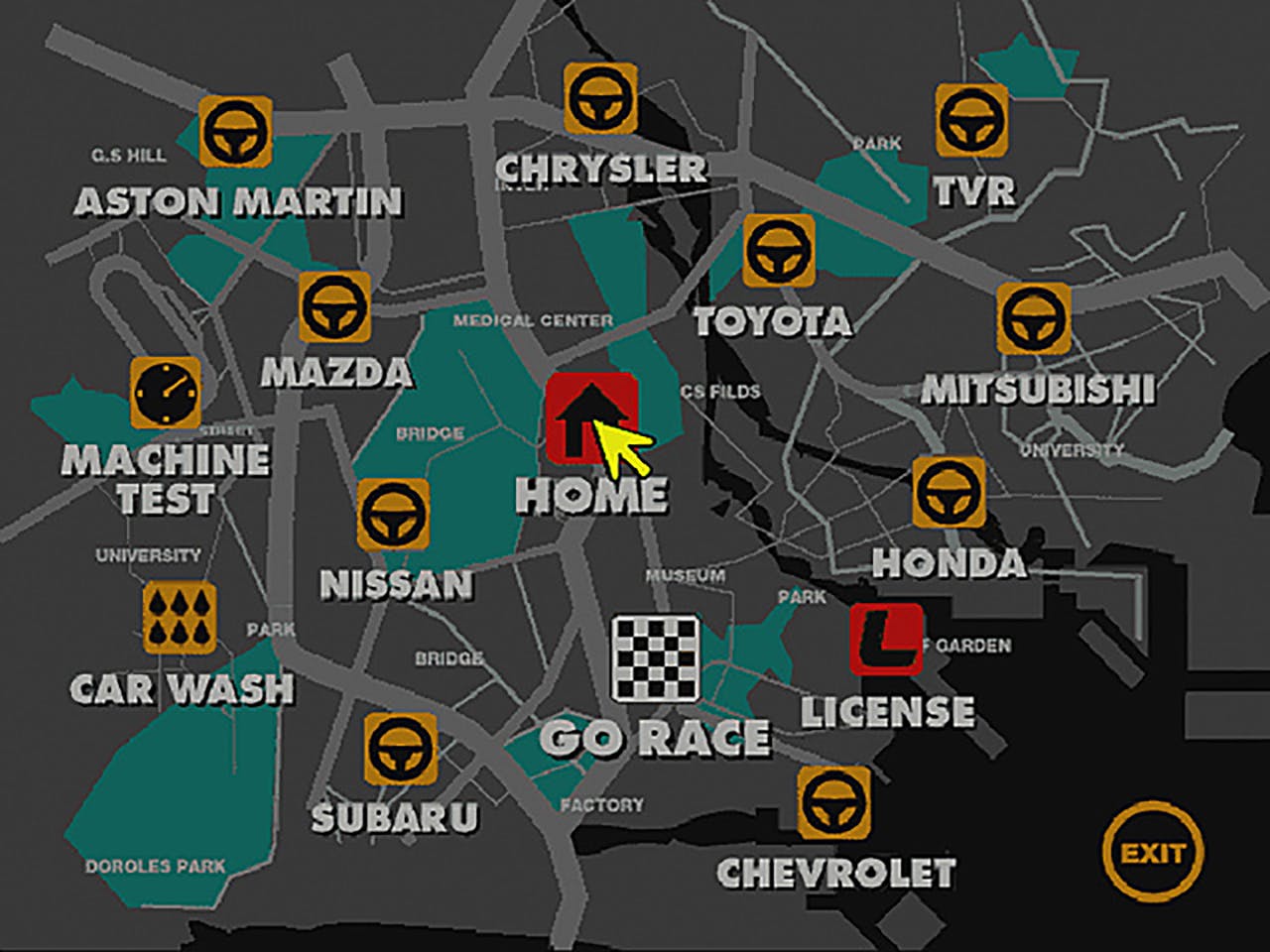Media | Articles
Gran Turismo spawned a generation of car enthusiasts
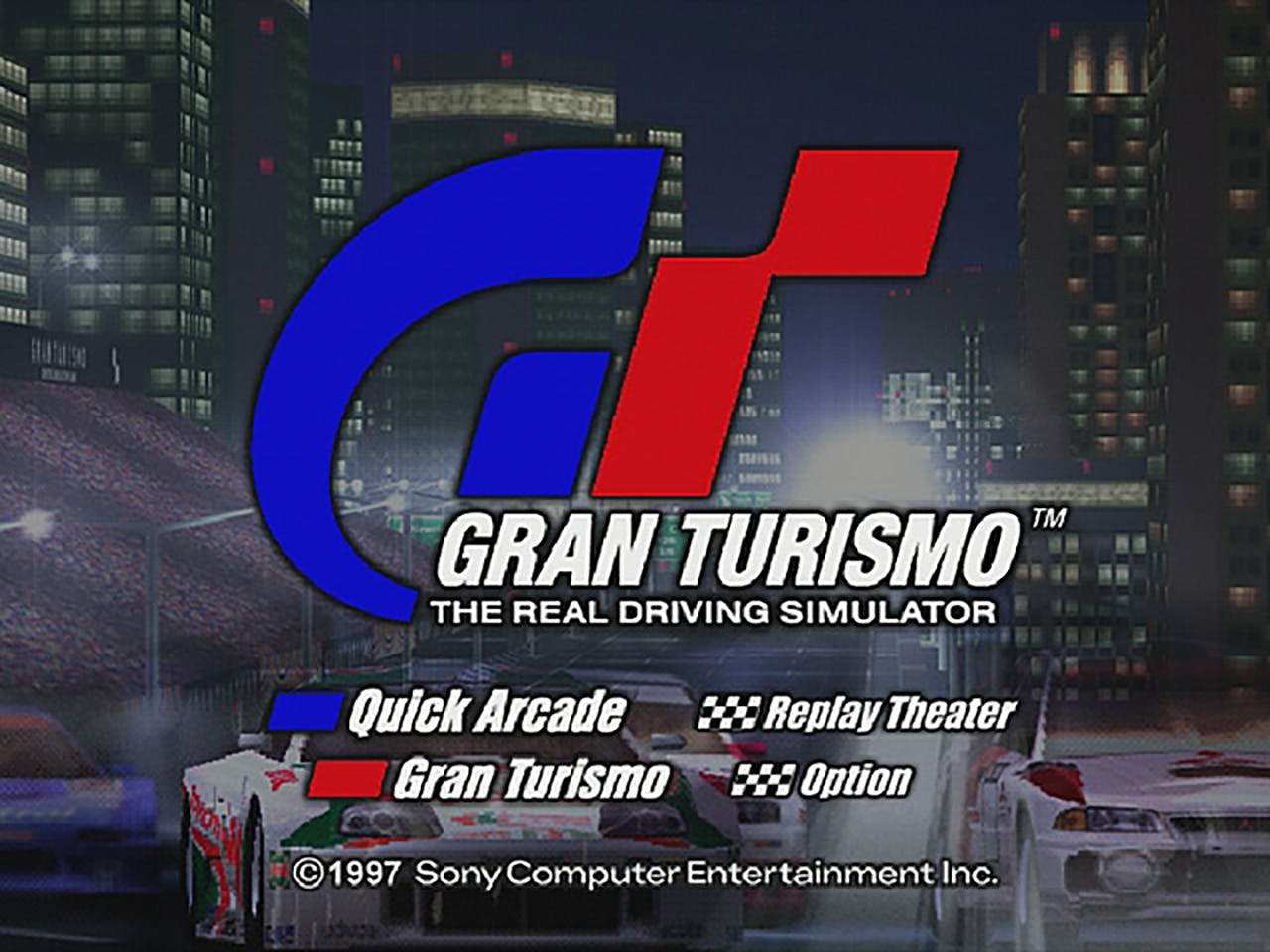
If you’re unfamiliar with the world of video games, then you may be unaware there is a retro gaming movement rivals the enthusiasm of the classic car hobby. Old games, like old cars, are big business, and with mainstream video game history stretching back to the 1970s, several generations have grown up under their influence.
And in much the same way as people quickly decided at the dawn of motoring that one car was fun, but two cars make a race, the genre of racing video games stretches back nearly as far as the medium itself.
Few racing game titles are more influential than Gran Turismo, popularly referred to as simply “GT”, which went on sale in its home market of Japan twenty-four years go, on December 23, 1997.
Developed by studio Polyphony Digital for the original Sony PlayStation, Gran Turismo was the brainchild of Kazunori Yamauchi. A diehard car enthusiast, Yamauchi’s first game in 1994 had been a racing game, Motor Toon Grand Prix, but Gran Turismo had been in the works since 1992.
It was a grueling process. Speaking to Autoweek in 2009, Yamauchi explained how he basically lived at his desk while developing the game. “I estimate I was home only four days a year,” he said, and his small team of seven people fared little better.
Marketplace
Buy and sell classics with confidence
Gran Turismo had come about as a vision of an automotive encyclopedia, something subsequent games have taken even further. With the tagline ‘The Ultimate Driving Simulator,” the focus was as much on collecting the real-world vehicles in the game—many of which were surprisingly humble, separating it from most racing games of the day—tuning them, and racing them against their contemporaries, than it was a straightforward first-past-the-flag racer.
To that end, the Polyphony team endeavored to render every car as accurately as the PlayStation hardware would allow. Other simulators had come before it, but for a console game, GT was relatively unique in giving each car unique handling, much like its real-life counterpart.
On the rare days Yamauchi left the office, the team would attempt to sample some of the cars included, taking photographs of cars from all angles and recording sound clips to be replicated digitally. With 140 cars in total, plus 11 original circuits created for the game (later GT titles would introduce real-world locations), it was no small feat.
The effort was, financially at least, worth it: Gran Turismo became wildly successful, going double platinum in Japan—that’s more than 2 million units—by May of the following year. The game launched in Europe and the U.S. that same month, and it was the game’s international success that took Yamauchi most by surprise.
GT featured predominantly Japanese cars, and the development team, and Sony, expected it to find a largely Japanese niche as a result. In the days before widespread internet access though, games like Gran Turismo became, almost by default, a window into a car enthusiast scene that most people, half a world away from Japan, had never experienced.
GT hasn’t just become one of the most successful game franchises of all time—selling over 80 million units to date—but also a key driver behind the modern appetite for Japanese sports and performance cars from the 1980s, 1990s, and 2000s. As a generation who grew up with games like GT can now afford the cars they first saw on their PlayStation, the past decade has seen a rapid rise in values.
Just as driving those cars is a window into the car scene of the era, playing Gran Turismo today is a reminder—albeit one that hasn’t aged quite as gracefully as a Honda NSX or Skyline GT-R—of a hugely influential period in video game history.
